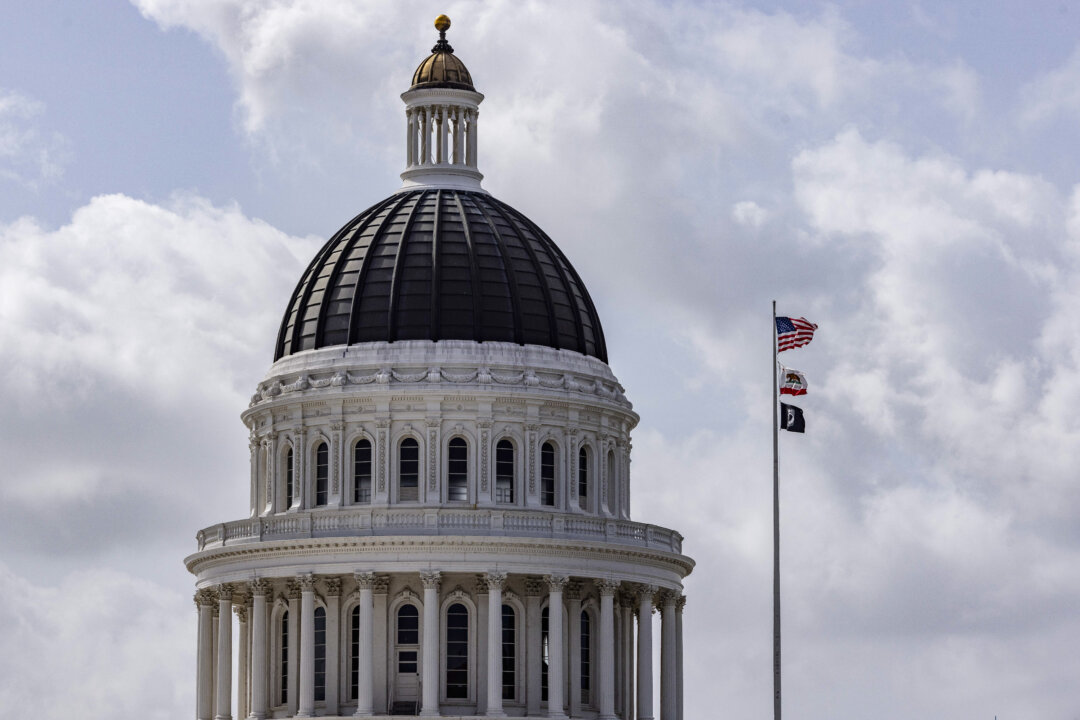California Republicans filed a second lawsuit on August 25, 2023, challenging Governor Gavin Newsom’s congressional redistricting plan, which will be presented to voters as Proposition 50 in the upcoming November elections. The lawsuit contends that the redistricting initiative contravenes the state Constitution, which mandates that electoral maps must be drawn by the impartial California Citizens Redistricting Commission.
Corrin Rankin, chairwoman of the California Republican Party, emphasized the importance of governance during a press conference announcing the legal action. “This is an issue about good governance in the state of California,” she stated. “Californians deserve to have the right to choose our legislators.” The lawsuit is part of a broader strategy by California Republicans to contest what they view as an encroachment on fair electoral representation.
Details of Proposition 50
Proposition 50, which emerged after the California Legislature swiftly passed legislation to place the measure on the ballot for November 4, 2023, seeks voter approval for a temporary override of the independent redistricting process. Governor Newsom and state Democrats argue that the proposal is a necessary response to similar actions taken in Texas, where redistricting efforts have been perceived to favor Republicans.
The legal challenge highlights the contentious nature of redistricting in California, a state with a history of legal disputes surrounding electoral maps. The Republicans’ lawsuit is likely to intensify the debate over electoral fairness and representation in the lead-up to the November vote.
As the legal battle unfolds, the outcome may significantly influence the political landscape in California. The California Citizens Redistricting Commission, established to ensure a nonpartisan approach to drawing district lines, has been a focal point of this ongoing conflict. The commission’s role is intended to diminish political manipulation in the redistricting process, yet the current situation raises questions about its effectiveness.
The lawsuit underscores not only the partisan divide in California politics but also the broader implications for governance in a state where the balance of power remains a critical issue. With the November ballot approaching, California voters will soon face a decision that could reshape the dynamics of representation for years to come.
As the situation develops, both sides are expected to continue their campaigns to sway public opinion ahead of the vote, making it a pivotal moment in California’s political history.







































































